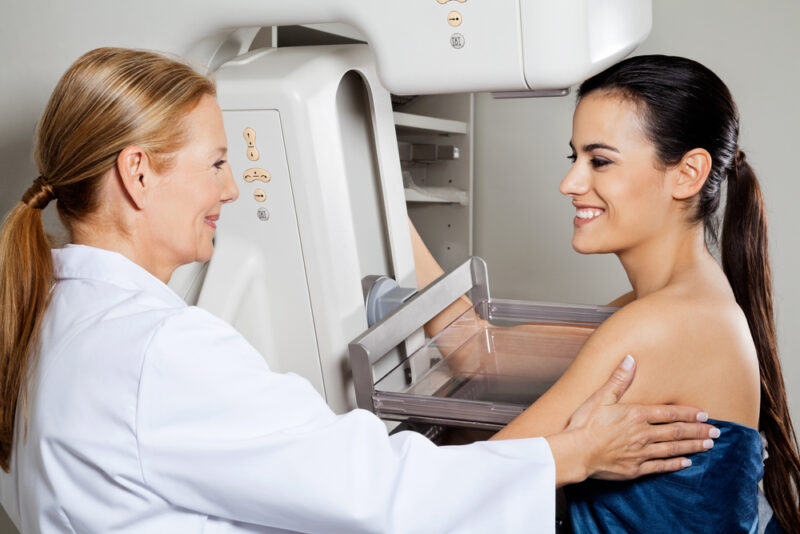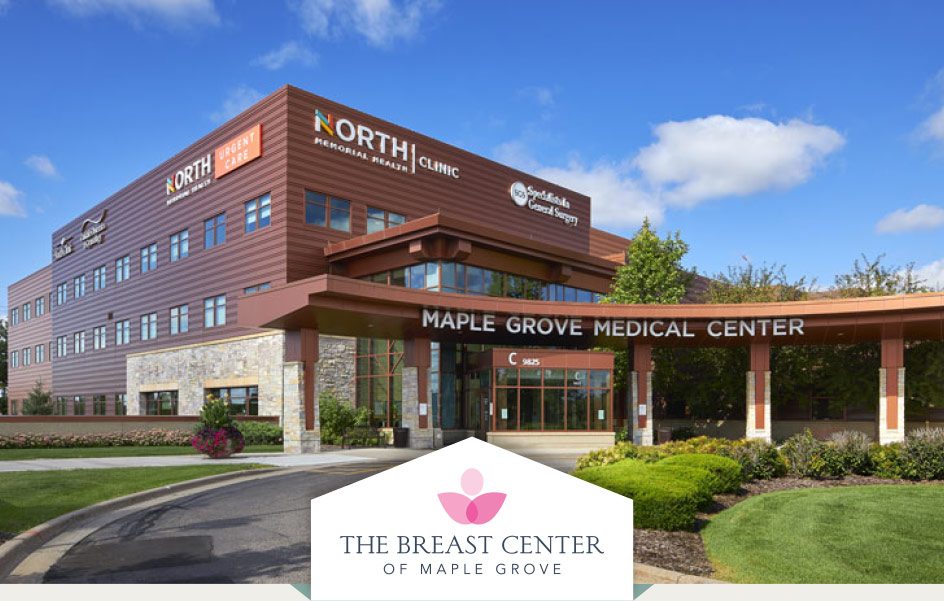So, a breast center has just recalled you after having a screening mammogram, and you are already feeling nervous, fearing the result could have come out positive? Well, being recalled after a mammogram does not mean that you have breast cancer.
Your breast center can recall you for a number of reasons, one of them being a discrepancy between the current mammogram and a previous one. The Breast Center of Maple Grove, a leading screening and diagnostic imaging provider, highlights the most common reasons for being recalled after a mammogram.
The Importance of Mammograms in Breast Health
A mammogram helps detect early signs of breast cancer like masses, asymmetry, and microcalcifications. Doctors can treat cancer completely at an early stage, improving your quality of life.
How long does it take to get mammogram results? You can get the results of your digital screening mammography within 24 hours at The Breast Center of Maple Grove.
A study suggests that 3-D mammography finds more breast cancers and leads to fewer recalls than conventional 2-D mammography.
Understanding Mammogram Recalls
Being recalled after a screening mammogram doesn’t mean that you have breast cancer. A recall, or callback, means that your screening mammogram results have been reviewed and need further evaluation for the following reasons.
The following terms may appear on your mammogram results, but don’t panic! They are all completely normal and just require further testing.
Calcifications
Calcifications are simply calcium deposits and are very common, especially after menopause. They are usually too small to feel in a breast exam and look like small white spots on a mammogram.
Cysts
Cysts are fluid-filled sacs that are also quite common, especially in women before menopause. They are usually non-cancerous (i.e., benign) and don’t require any treatment unless they cause discomfort.
Dense Breasts
In Minnesota and many other states, clinicians must inform patients if they have dense breasts.
Breast density can be broken into 4 categories:
- Mostly Fatty Tissue
- Scattered fibroglandular breast tissue
- Heterogeneous density breast tissue
- Extremely dense breast tissue
Dense breast tissue is common but could make finding small cancers on a mammogram difficult. Therefore, be sure to discuss screening options with your doctor if you have dense breasts.
Screening Mammograms vs. Diagnostic Mammograms
There are two types of mammograms – a screening mammogram and a diagnostic mammogram. A screening mammogram is recommended every year. As its name implies, the screening mammogram checks your breasts for early signs of cancer. Screening mammogram are covered by insurance under preventative care.
A diagnostic mammogram helps doctors assess suspicious signs like nipple thickening, unexplained pain, lumps, and other abnormalities. Diagnostic screening often focuses on areas of concern so that doctors can get a detailed image of the suspected issues.
Thus, if your breast center recalls you due to suspected findings, you will likely undergo a diagnostic mammogram. This will help your doctor evaluate underlying problems so they can make a conclusive verdict.
Experience Personalized Care at The Breast Center of Maple Grove
At The Breast Center of Maple Grove, we understand that a mammogram is crucial for your breast health. For this reason, we treat you like royalty from the moment you schedule and take the imaging test so you don’t get anxious. Our Breast Health Navigators are here to walk you through the process if further care is needed beyond your screening mammogram.
Schedule your annual mammogram today and keep your breast health in top shape.
Image Source: Tyler Olson / Shutterstock

